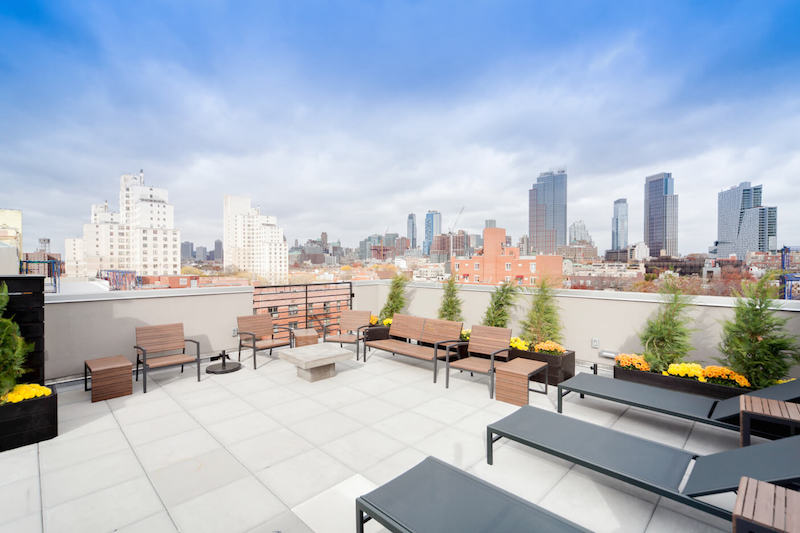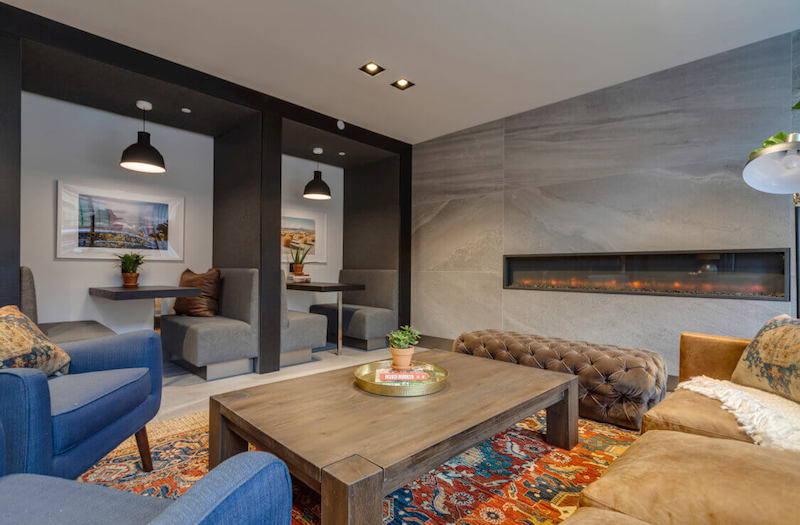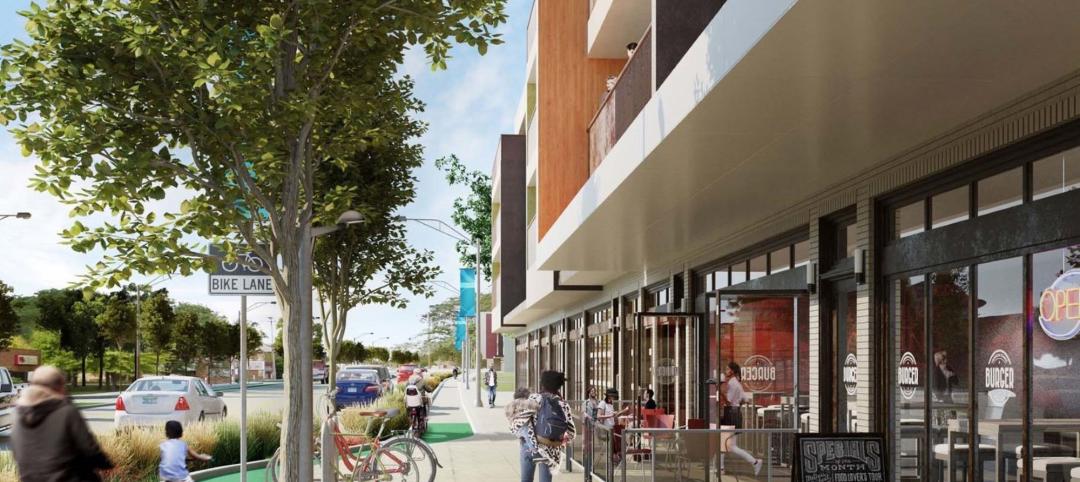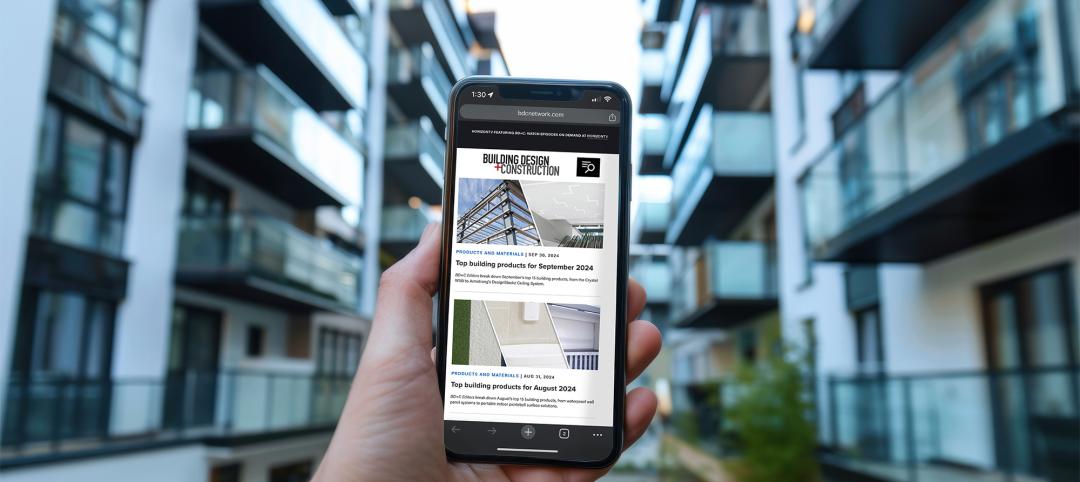The latest coliving phenomenon has spawned its share of startup businesses, all looking to cash in on the demand among younger workers for relatively inexpensive living quarters in urban job centers where affordable housing is scarce-to-nonexistent.
The New York Times recently ran an article titled “The Elusive $1,500 rental,” in which the newspaper noted that the median rent for a Manhattan apartment was $3,475, and that more than half of all New Yorkers spend more than one-third of their incomes on rent.
The solution, for many urban workers, is to find roommates to share the rent burden. And given the market’s supply-and-demand dynamics, it’s not surprising that investors have been diverting their attentions to coliving ventures that answer that call with rentals that require limited lease commitments, and are more like hotels with “all-inclusive” amenities such as furnishings, in-room Wi-Fi, toiletries, linens and towels, and laundry and room-cleaning services.
Coliving companies operate under dwell-like monikers such as The Nook, Node, Roam Co-Living (which caters to global workers), Krash, and Pure House. In May, Bisnow.com reported that Ollie, a co-living company with two locations, had announced the biggest coliving project in North America: a development (with Simon Baron Development and Quadrum Global) in Long Island City, N.Y., that will have 426 beds on 14 floors. It’s scheduled to open next January.
Ollie is currently preleasing 166 coliving beds in an apartment building that will open in Pittsburgh this fall. The company continues to seek institutional financing for growth in markets like Los Angeles and Jersey City, N.J.
Another potential heavy hitter could be WeLive, a coliving venture that WeWork, the fast-growing shared workplace developer, launched in 2016. So far, the company is renting apartments in two buildings, in New York City and Arlington, Va. But expansion plans are on hold so WeLive can “refine” its product, according to James Woods, who leads the WeLive division.
Then there’s New York-based Common, which since launching in the fall of 2015 has raised at least $23.4 million from investors who include some real estate developers. Common currently rents more than 300 bedrooms in nine apartments buildings in New York, San Francisco, and Washington, D.C. (In D.C., a neighborhood association is trying to block Common and developer Oaktree from opening Richardson Place, a 24-unit coliving facility, which the group argues is a commercial property that would be operating in a residential-zoned area).
Earlier this year, Common opened The Baltic in the Boerum Hill section of Brooklyn, N.Y. It was Common’s first hybrid building: 29 apartments with 70 beds for coliving, and 67 studios and one-bedrooms for individual renters.
Sophie Wilkinson, Common’s head of design and construction, notes that Common is different from several of its competitors in that most of its properties have been ground-up construction, including The Baltic, whose developer Adam America owns the building.
Common is also attempting to foment more of a communal living environment. In a recent commentary on Quartz’s website that otherwise disparaged coliving’s responsibility-free ethic, Annaliese Griffin, editor-in-chief of BrookynBased.com, positively singled out Common’s business model that “actively works to maintain long-term tenants and build a strong community within each house.”
Brad Hargreaves, Common's founder, is on record stating his preference for buildings with only around 15 tenants so it’s easier for renters to get to know one another. Common no longer offers one-month leases, and gives tenants discounts on 12-month leases. Each “house” has a “leader” who also gets a discounted lease rate for serving in that role.
Common has been working with developers to design spaces specifically for roommate situations.

A roofdeck lounge is one of the amenities available to coliving renters at The Baltic, one of nine properties operated by Common, a shared-housing provider that is looking to double its bed count this year. Image: Common
Common’s coliving monthly rents in New York start at $1,340 to $2,500 per bedroom, depending on the location; in San Francisco from $2,450 to $2,600; and in Washington D.C., at $1,700. A renter becomes a Common “member” by leasing space. Membership includes free utilities, and access to washers and dryers, household supplies, roof deck spaces, gyms, and weekly room-cleaning. Wilkinson says that, typically, bedrooms are between 100 and 200 sf each, and the apartments are around 900 sf. At The Baltic, there are two to three renters per apartment, although other Common buildings have as many as five coliving renters per apartment.
Wilkinson says designs for coliving apartments focus on communal amenities and spaces, as well as “comfort and privacy on a human scale.” The rooms have lots of natural light. And the designs, she says, take into account “the mechanics of coliving,” in terms of kitchens, storage, and counter spaces.
Common has received more than 15,000 applications for its portfolio of bedrooms, and is looking to do more hybrid projects, Wilkinson says, partly because there are more opportunities to attract developers for them.
Wilkinson was reticent about revealing Common’s expansion plans, noting only a recent announcement about its plan to expand into New Orleans. But earlier this month, the Commercial Observer, based on interviews with Common’s principals, reported that the company intends to more than double to 650 bedrooms by the end of this year, and expand to 2,000 bedrooms by the end of 2018.
Wilkinson did note, however, that she doesn’t think coliving will be confined to urban markets. “I absolutely see us in smaller markets. And what’s been interesting has been that renters are looking for a community aspect.”
Related Stories
MFPRO+ New Projects | Oct 30, 2024
BIG’s One High Line finally reaches completion in New York City’s West Chelsea neighborhood
One High Line, a luxury residential project spanning a full city block in New York’s West Chelsea neighborhood, reached completion this summer following years of delays related to investor lawsuits.
MFPRO+ New Projects | Oct 30, 2024
Luxury waterfront tower in Brooklyn features East River and Manhattan skyline views
Leasing recently began for The Dupont, a 41-story luxury rental property along the Brooklyn, N.Y., waterfront. Located within the 22-acre Greenpoint Landing, where it overlooks the newly constructed Newtown Barge Park, the high-rise features East River and Manhattan skyline views along with 20,000 sf of indoor and outdoor communal space.
Multifamily Housing | Oct 28, 2024
A case for mid-rise: How multifamily housing can reshape our cities
Often referred to as “five-over-ones,” the mid-rise apartment type is typically comprised of five stories of apartments on top of a concrete “podium” of ground-floor retail. The main criticism of the “five-over-one” is that they are often too predictable.
Adaptive Reuse | Oct 22, 2024
Adaptive reuse project transforms 1840s-era mill building into rental housing
A recently opened multifamily property in Lawrence, Mass., is an adaptive reuse of an 1840s-era mill building. Stone Mill Lofts is one of the first all-electric mixed-income multifamily properties in Massachusetts. The all-electric building meets ambitious modern energy codes and stringent National Park Service historic preservation guidelines.
MFPRO+ News | Oct 22, 2024
Project financing tempers robust demand for multifamily housing
AEC Giants with multifamily practices report that the sector has been struggling over the past year, despite the high demand for housing, especially affordable products.
Products and Materials | Oct 17, 2024
5 multifamily tech products for your next project
Multifamily housing and technological upgrades go hand-in-hand. From the rise in electric vehicle charging needs to the sophistication of smart home accessories, tech products are abound in the multifamily space.
Codes and Standards | Oct 16, 2024
North Carolina’s code policies likely worsened damage caused by Hurricane Helene
The North Carolina Legislature’s rejection of building code updates likely worsened the damage caused by Hurricane Helene, code experts say. Over the past 15 years, lawmakers rejected limits on construction on steep slopes, which might have reduced the number of homes destroyed by landslides.
MFPRO+ News | Oct 16, 2024
One-third of young adults say hurricanes like Helene and Milton will impact where they choose to live
Nearly one-third of U.S. residents between 18 and 34 years old say they are reconsidering where they want to move after seeing the damage wrought by Hurricane Helene, according to a Redfin report. About 15% of those over age 35 echoed their younger cohort’s sentiment.
Student Housing | Oct 9, 2024
University of Maryland begins work on $148 million graduate student housing development
The University of Maryland, in partnership with Campus Apartments and Mosaic Development Partners, has broken ground on a $148.75 million graduate student housing project on the university’s flagship College Park campus. The project will add 741 beds in 465 fully furnished apartments.
MFPRO+ News | Oct 9, 2024
San Francisco unveils guidelines to streamline office-to-residential conversions
The San Francisco Department of Building Inspection announced a series of new building code guidelines clarifying adaptive reuse code provisions and exceptions for converting office-to-residential buildings. Developed in response to the Commercial to Residential Adaptive Reuse program established in July 2023, the guidelines aim to increase the viability of converting underutilized office buildings into housing by reducing regulatory barriers in specific zoning districts downtown.

















